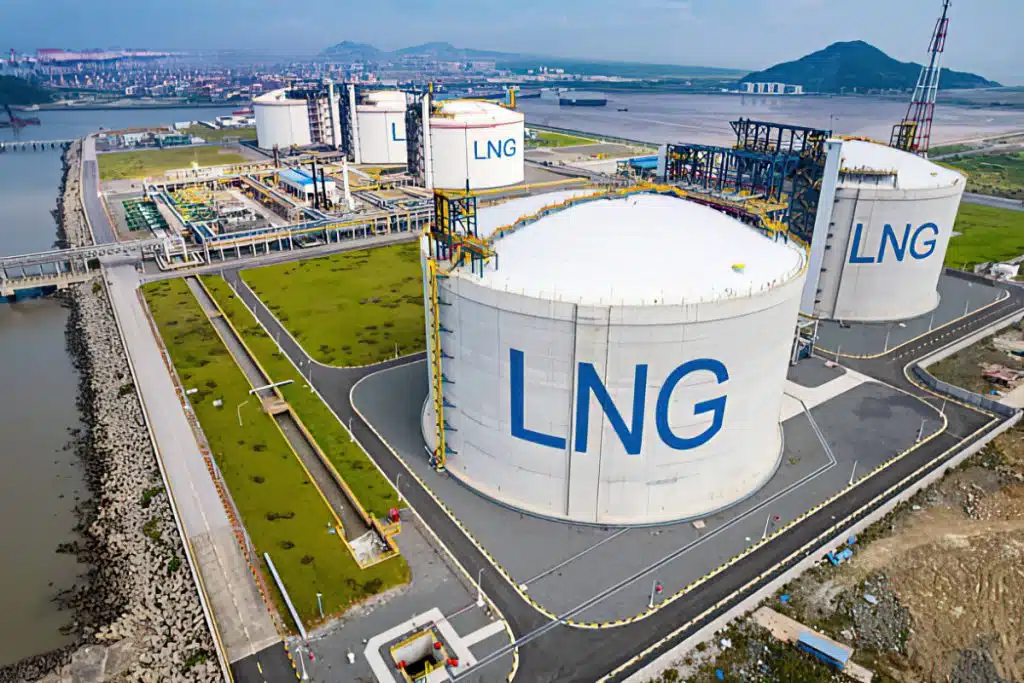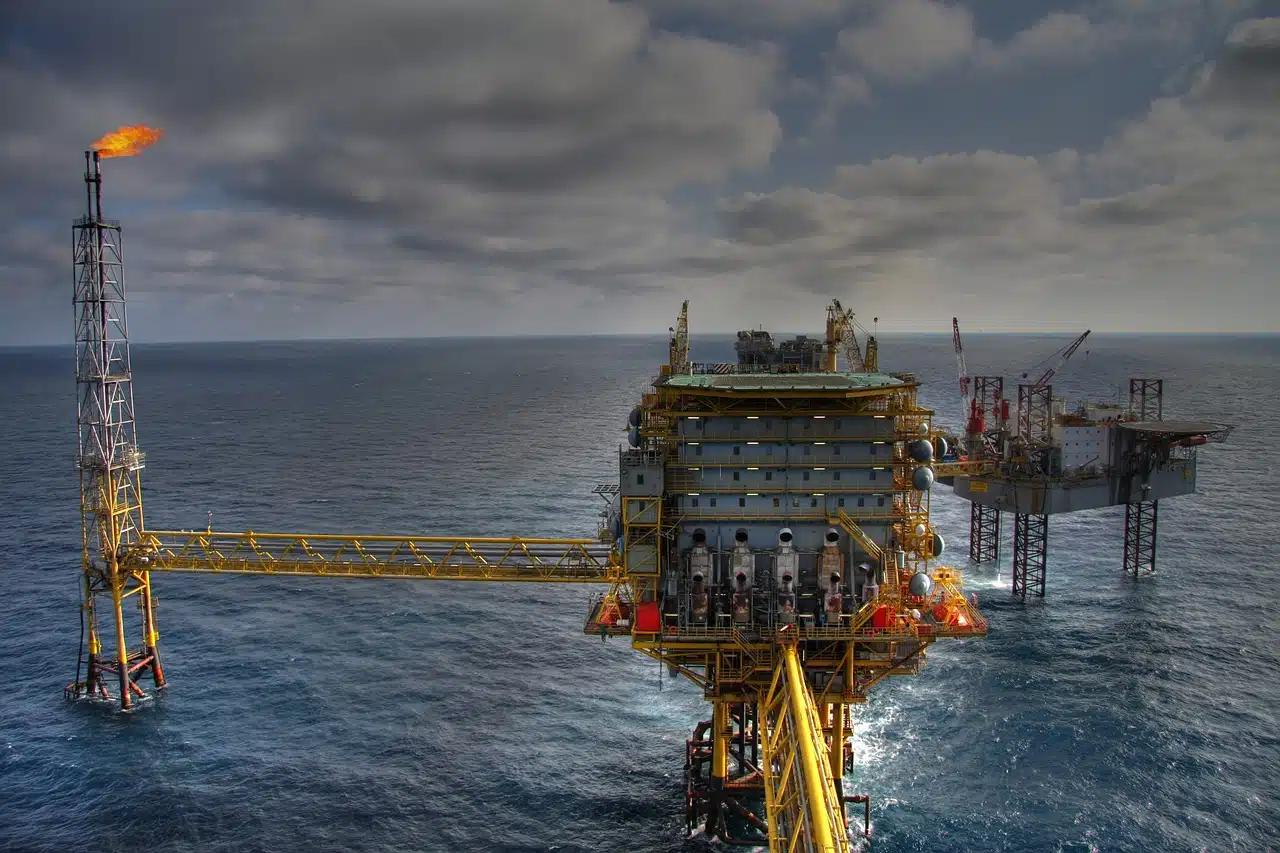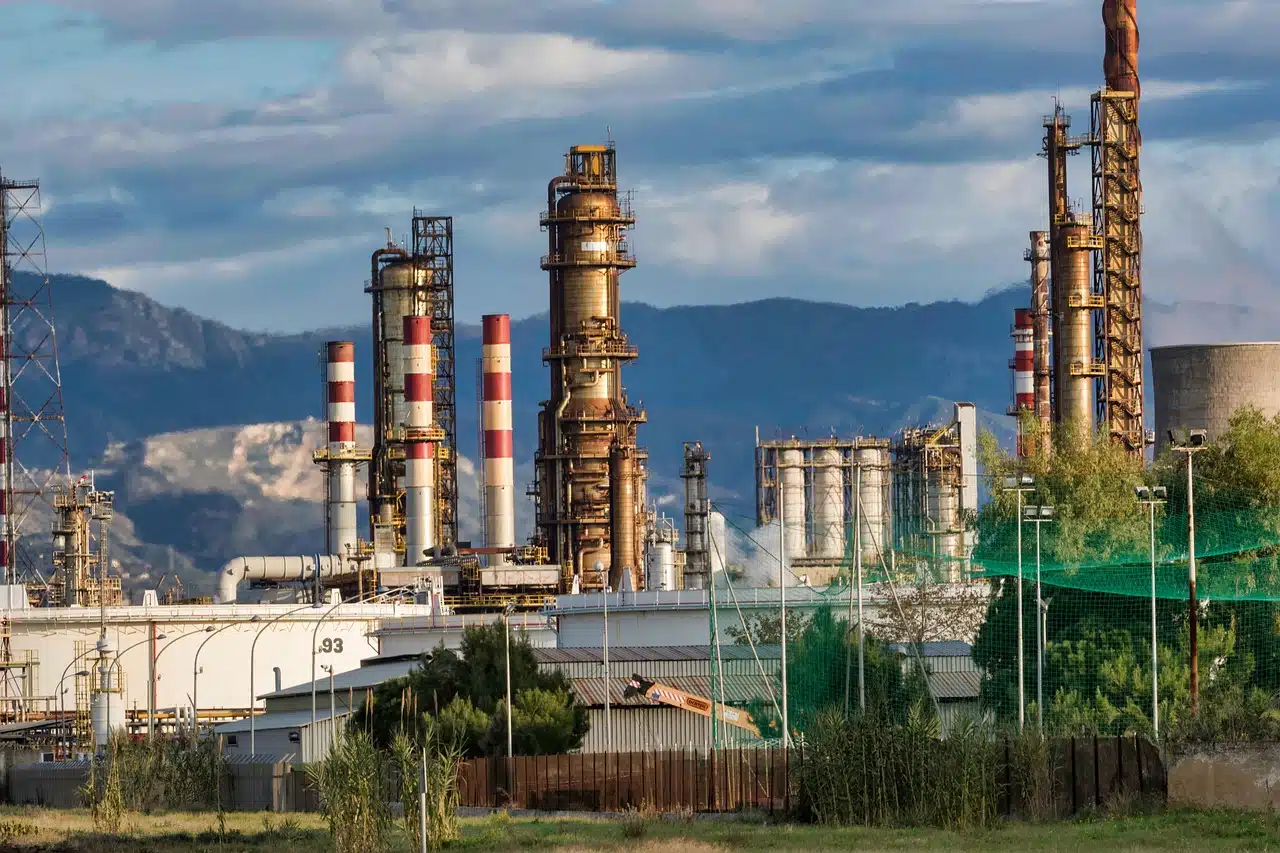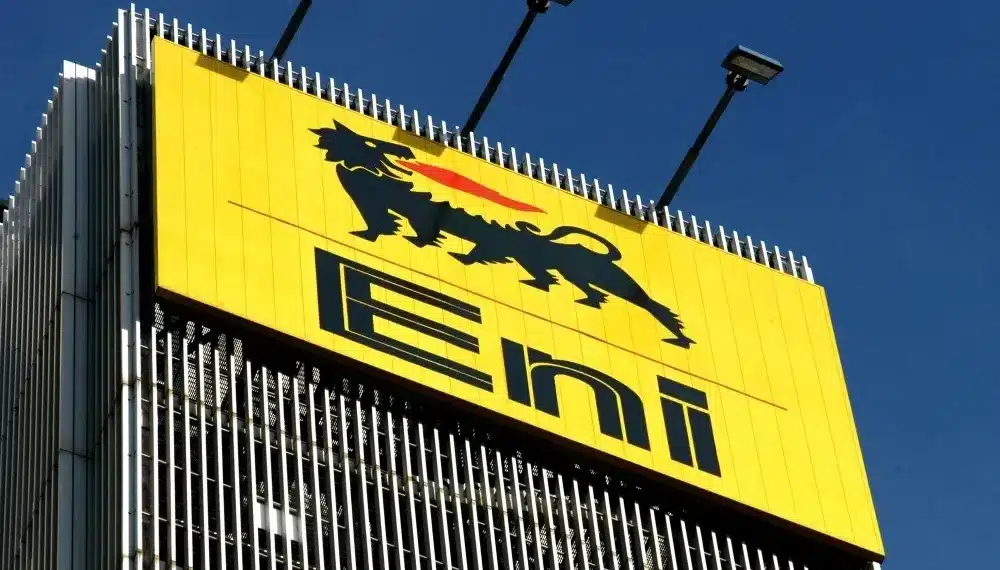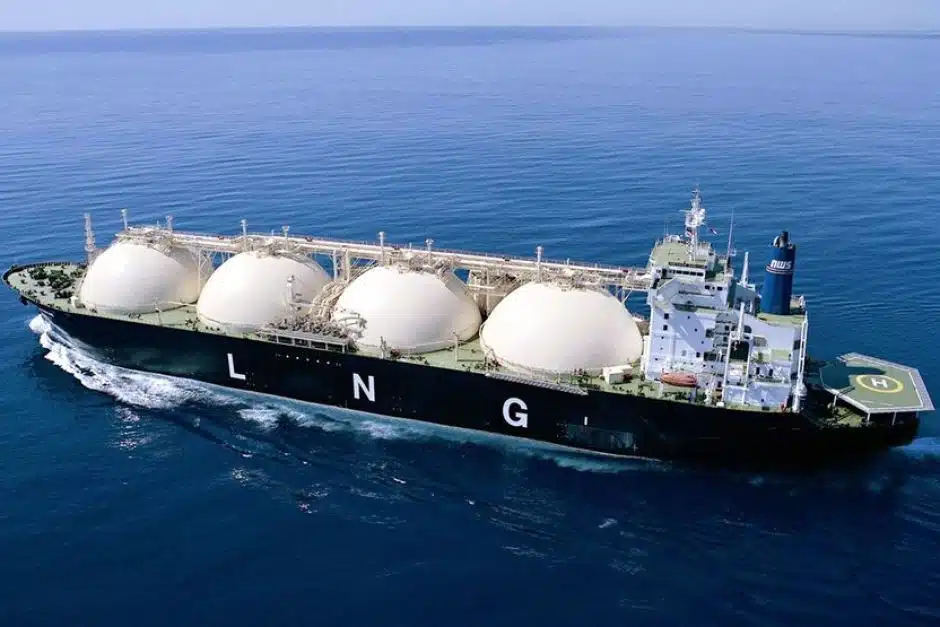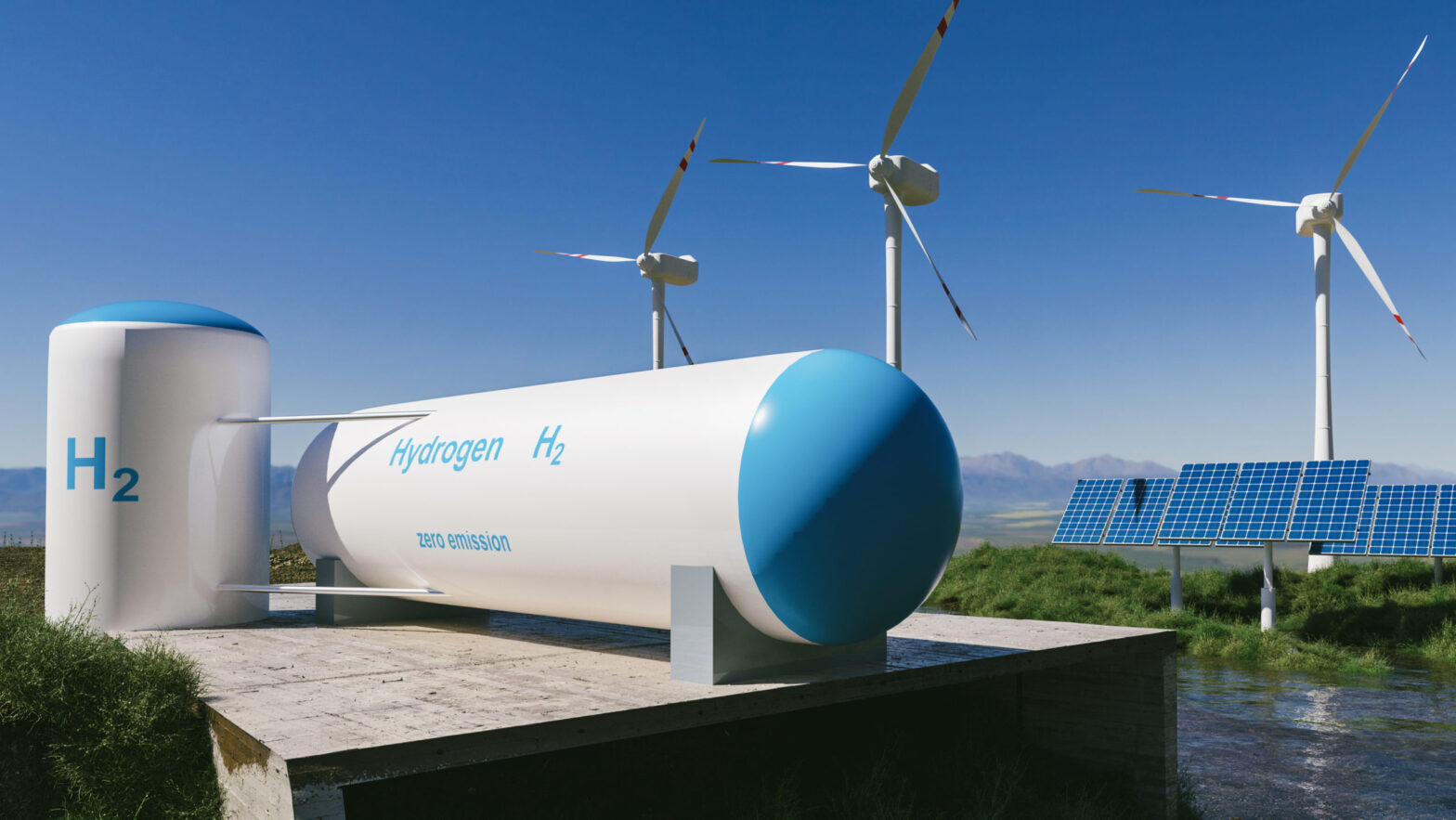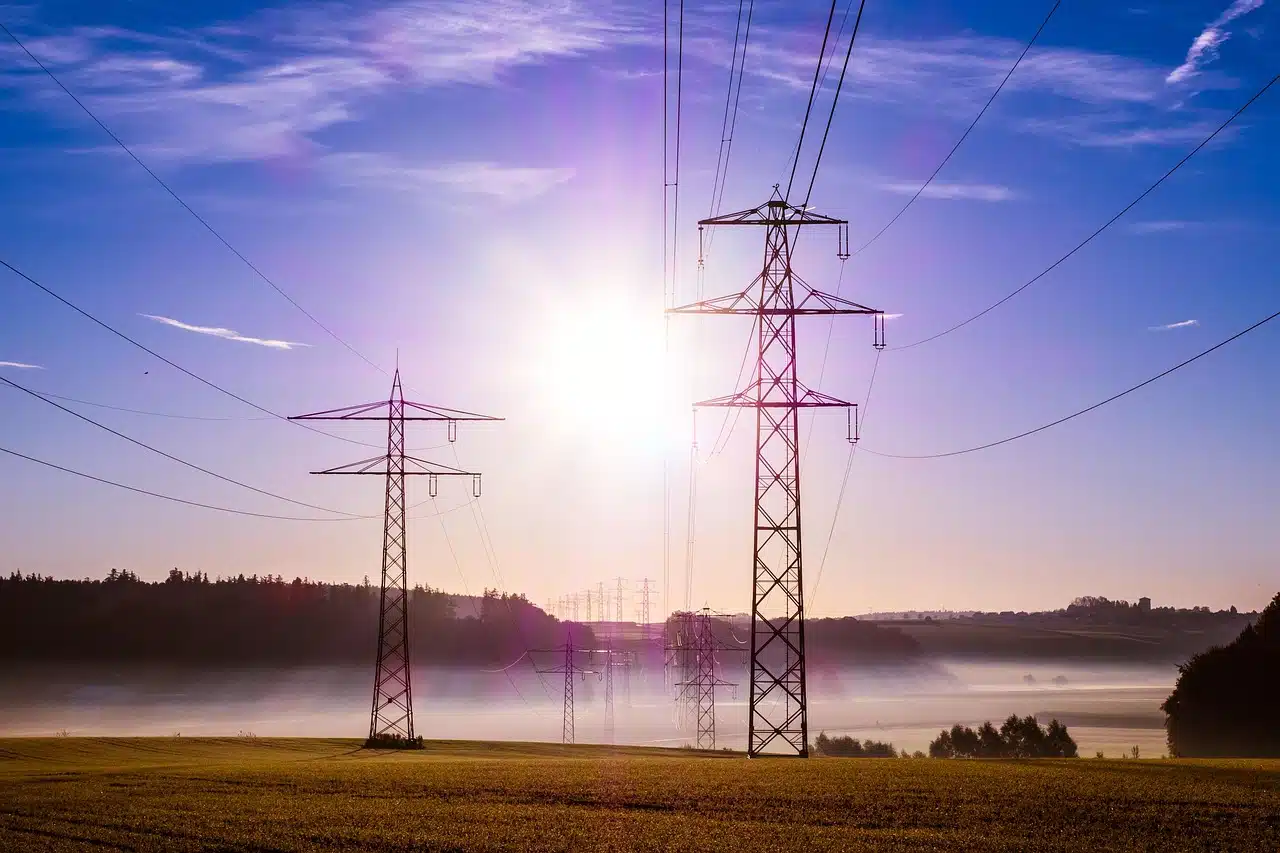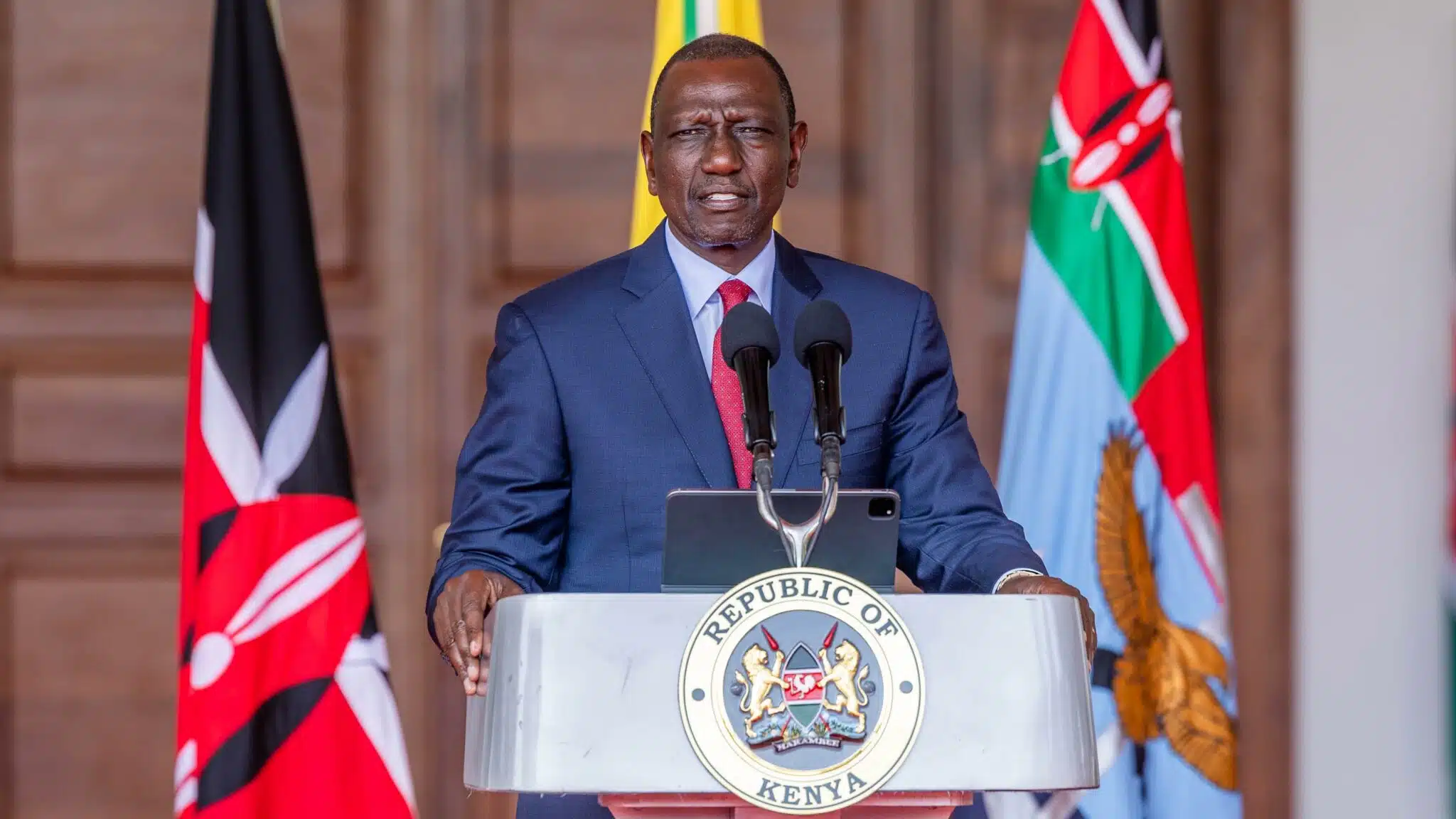Philip Mshelbila, CEO of Nigeria LNG (NLNG), has warned that Nigeria’s ability to meet the growing global demand for liquefied natural gas (LNG) is being severely threatened by ongoing security concerns.
Speaking on Tuesday, Mshelbila mentioned the impact of pipeline vandalism, revealing that illegal connections by thieves had been discovered on key pipelines supplying NLNG.
The affected pipelines are currently undergoing repairs, as per a report by The African Report.
Due to these acts of sabotage, NLNG—the country’s largest gas exporter—is now operating only two out of its six liquefaction trains.
“As we sit here, right now, in this hall, I am operating only two trains out of six. The reason for this is that three of our gas supply pipelines are down for repairs. Why are we repairing them? Because of illegal connections made by thieves on the gas lines,” he said.
Mshelbila further explained that the vandalism has affected three major gas supply pipelines—GTS-1, GTS-2, and GTS-4—which are the primary lines feeding NLNG’s production facilities.
He stressed that for Nigeria to attract further investment in the oil and gas industry, energy security must be treated with the same level of urgency as national security.
While there has been some improvement in securing oil infrastructure, the situation concerning gas pipelines has worsened.
“Until we can protect these pipelines and provide security for these investments, we will continue to underperform,” he added.
Nigeria LNG faces operational challenges amid security threats
The security crisis affecting Nigeria’s gas infrastructure has disrupted NLNG’s scheduled exports, causing a significant decline in the country’s LNG output.
According to a Bloomberg report, Nigeria’s LNG exports have dropped by 20% due to reduced gas supplies caused by vandalism and sabotage.
Sophia Horsfall, NLNG’s General Manager for External Relations and Sustainable Development, confirmed the impact of these disruptions, stating:
“The loss of facilities due to vandalism and sabotage impacts feed-gas supplies to NLNG and delivery timelines.”
Horsfall added that the company is actively working with its feed gas suppliers and government security agencies to enhance security measures for upstream production and gas transmission.
Nigeria is now struggling to maintain its recent production and supply gains, as continued attacks on oil and gas infrastructure hinder its ability to meet growing domestic and international demand.

